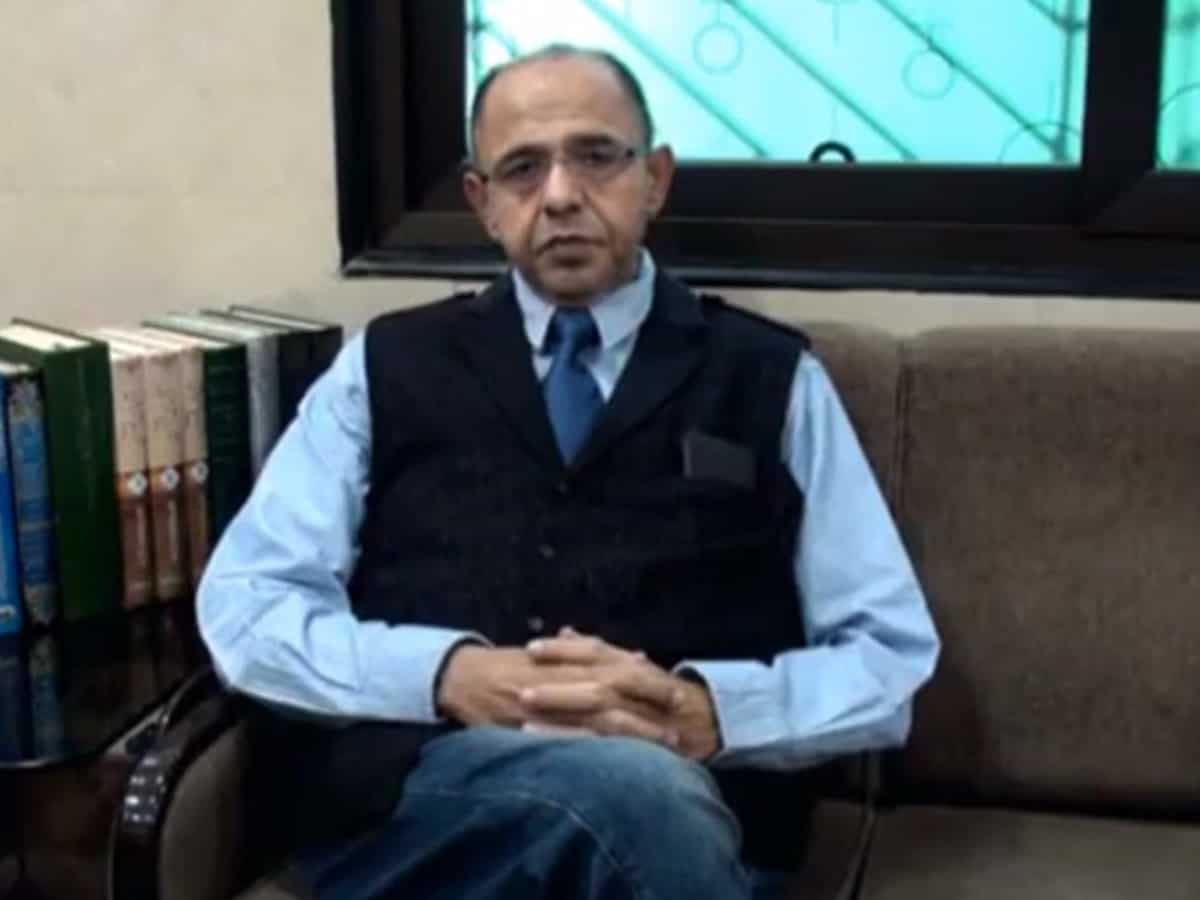Majed Parekh is the son of Padma Bhushan Maulana Abdul Kareem Parekh. In an interview, he sheds light on the meaning of religion in various religious books, especially The Holy Qur’an. He says countries which discontinued religious fundamentalism had progressed.
In our country, two things are found excessively; number one is an overdose of politics and second is the overdose of religion. Our history shows that whenever streets were reddened with blood it was due to religion and politics.
Let us have a look at India from East to West and from North to South. All over, the sacred places like masjid, mandir, gurudwara all are built on encroached lands. If we violate the laws of public property in the name of religion to worship there, it means that on one side we are violating the law a country and on another side, we are offering a bribe to god for worshipping Him. He says by these acts we cannot please god.
We are observing that various organisations are trying to convert people into Muslim, Hindu, Christian, but nobody tries to convert anybody into a human. Parekh quotes a small chapter from The Holy Qur’an named surat ul Ma’un, which comprises of seven verses. This chapter very clearly defines religion and a hypocrite. Parekh translates and interprets the first four verses the chapter like this:
- Have you noticed the man who rejects the true religion?
- He is the one who keeps himself away from taking the responsibility of an orphan.
Mr Majed further expands saying he is the one who never wishes to feed a hungry man. There are a lot of dishes on his own dining table but he never desires of feeding a hungry man. He interprets the fourth verse which says, sufferings to such worshippers who pray a lot but their prayers are totally based on show off.
Their worshipping neither purifies them nor soften their hearts so that they may be of help to others. They just roam on the roads like scoundrels and their acts are far away from religious teachings.
He further says that the Almighty Allah gave human beings numerous blessings. A man should not think that His blessing is rewarded for him, but he should assume that this a trial from Allah or it is His debt and they have to repay it. He quotes another verse from the Qur’an where Allah says “…. and speak good to people and perform prayer…”
Mr Majed interprets this verse saying give the rights of the people first, whatever one contributes to the underprivileged, he should not think that he is doing a favour to them, it is the right of the poor. It is obligatory for a person to spend some amount as a charity.
One should think that he is the owner of his wealth, the real owner is Allah who blessed him with His favours. He concludes that these teachings will not be found in worldly books.
One can find these teachings in the holy books whether they are Vedas, Upanishads, Qur’an or Bible. He says people are competing with each other to show off their religiosity wearing robes of different colours and style. This is nothing but show off in the name of religion.
This is not going to benefit anyone.
Here are the 7 verses of Surat ul Ma’mun:
- Have you seen him who denies the Recompense?
- That is he who repulses the orphan (harshly),
- And urges not the feeding of AlMiskin (the poor),
- So woe unto those performers of Salat (prayers) (hypocrites),
- Who delay their Salat (prayer) from their stated fixed times,
- Those who do good deeds only to be seen (of men),
- And refuse Al-Ma’un (small kindnesses e.g. salt, sugar, water, etc.).

